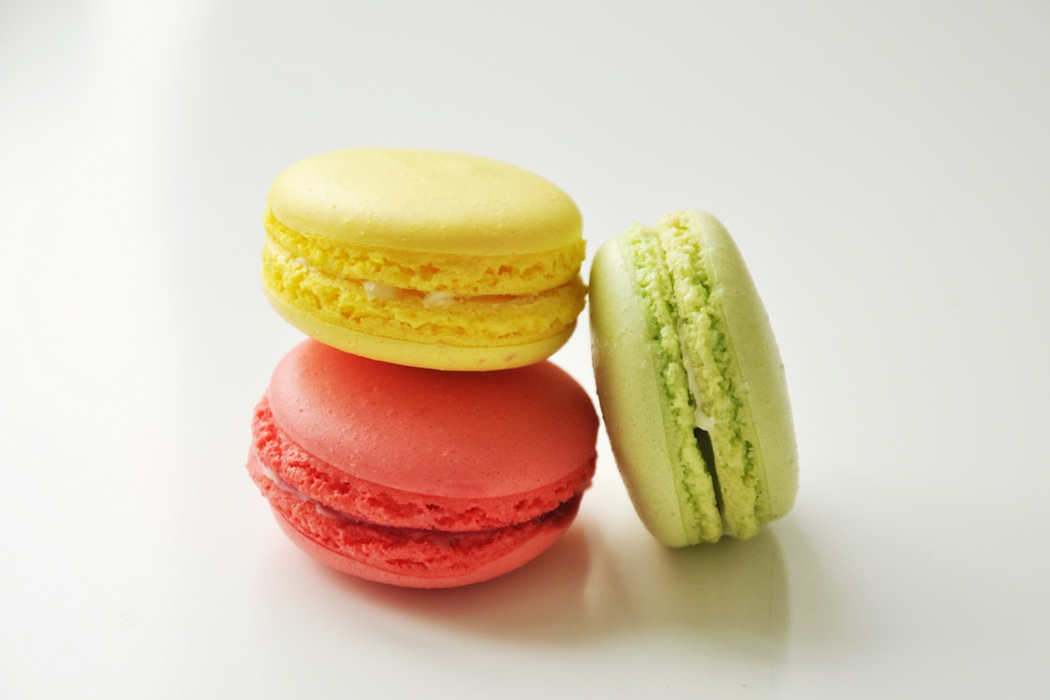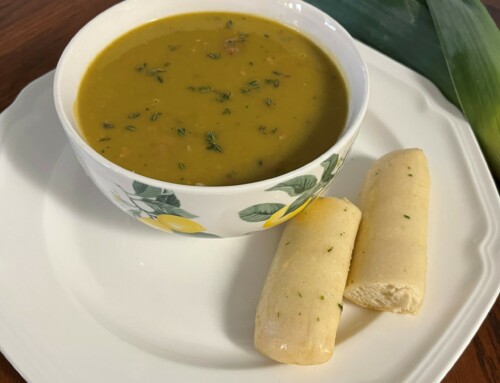You say you’ve got a sweet tooth? You find it impossible to eat just one cookie? You wonder why you don’t crave kale, squash or walnuts instead of cookies, ice cream or doughnuts?
If you struggle with sweets and crave carbohydrates you have lots of company! Almost all women and many men respond when surveyed that they experience occasional to frequent food cravings. This is not about hunger but rather heeding a call to an incessant food siren.
Researchers have known for some time that the desire for sweets is hardwired into the human brain. We also know that a carbohydrate-rich snack results in an elevation of the neurotransmitter serotonin. Serotonin generally calms you down, improves your mood and reduces appetite.
Some individuals experience carbohydrate cravings because of an imbalance in serotonin. Oftentimes chronic dieters, overweight people, and people who experience frequent carbohydrate cravings have lower serotonin levels than do lean individuals or people who routinely select protein-rich snacks.
What is the answer?
Taste bud and food choice re-education is needed! The emphasis needs to be on choosing complex, unrefined carbohydrates. Overall you want to limit your sugar intake to no more than ten percent of your total calories. This means about ten teaspoons of sugar per day if you follow a 2,000 calorie eating plan. A reference to keep in mind: a regular soft drink contains 8-10 teaspoons of sugar per can.
Here are some general tips for curbing carbohydrate cravings:
- Eat breakfast. Include a serving of a whole grain product and one serving of a lean protein. Skipping breakfast only increases hunger and cravings later in the day.
- Exercise! People who exercise regularly have fewer problems with cravings. Exercise helps reduce stress and improve mood.
- Satisfy your sweet tooth. Flavorings such as vanilla, nutmeg, peppermint, and cinnamon may help satisfy a sweet tooth.
- Think management instead of control. Control implies a win/lose situation. When you think management the goal is to work with it – food cravings and food in general – to achieve desired results.
- Pause before you snack. Ask yourself what it is you are feeding? Are you really hungry or are you upset? If it is truly not physical hunger find another way of taking care of your emotion needs by calling a friend, taking a walk or writing in a journal.
- Drink plenty of water. Interestingly, if you experience cravings in the late afternoon/early evening this may be a sign of dehydration. Often the desire for sweets is an indication that the body needs fluids. Try drinking a glass or two of water and see if your desire for dessert doesn’t diminish.





Leave A Comment